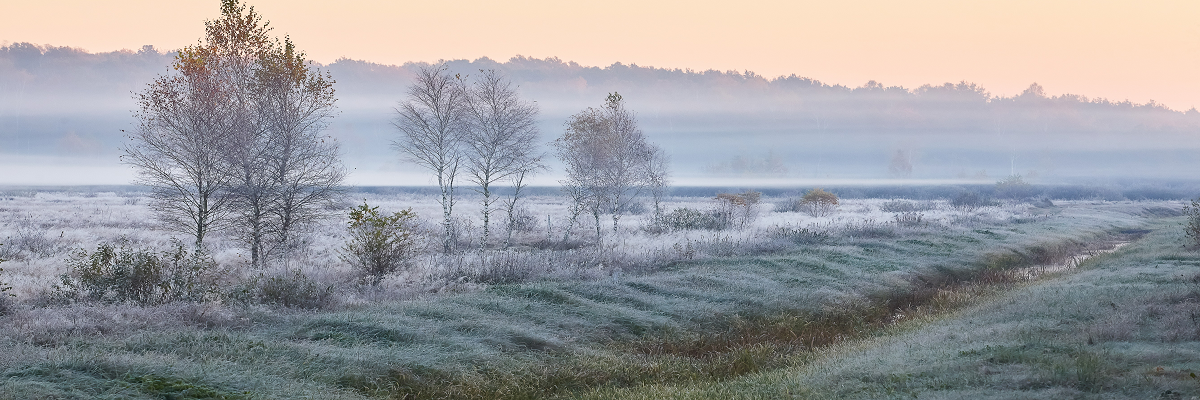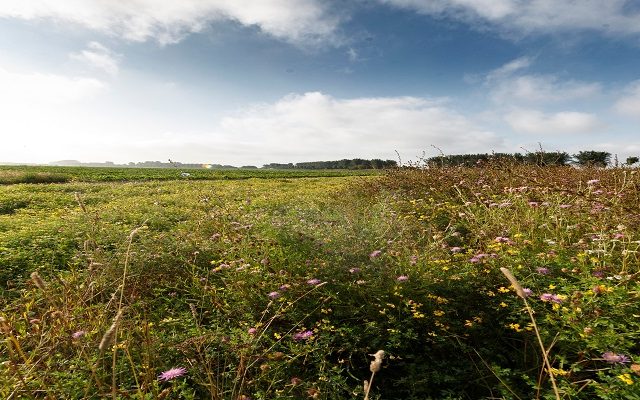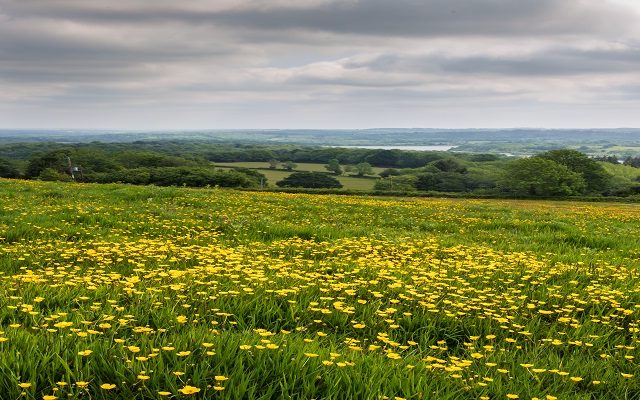Land Business Update | Week Commencing 13 January 2025
Farming & food
Secretary of State Steve Reed’s speech at the Oxford Farming Conference (England)
Although some commentators have criticised the speech as not containing detail on what the government will spend on the sector, it feels like there was a lot in it and it was carefully structured. Some subjects he has spoken about before – but you would expect and hope for that – but some that is new. We will publish a blog on the speech shortly but the main points that we took from it are:
2025 will be a big year for policy, with at least three new plans and strategies published – the farming roadmap, the food strategy and the land use framework.
The farming roadmap is likely to be based on the three strands he spoke about:
- A cast-iron commitment to food production – with professional farming businesses that produce food, operating in fair supply chains and with fair access to markets, including the EU.
- More resilient farm businesses – supported to diversify their activities to increase their financial resilience. This will be done through changes to the planning system.
- Nature as the foundation – the businesses will be supported to restore nature, which the government sees as vital to long-term food security. This is likely to be done through continuing development of the Environmental Land Management schemes.
Possibly most interestingly he signalled a change in tone on regulation. Our reading of the signals is that land-based regulation will be amended, hopefully simplified, and that it will be used more ‘as a lever’; the government appears to be looking at whether grants can be used to encourage compliance and whether land managers who are not complying should be able to apply for grants. This type of approach is much closer to that proposed by Dame Glenys Stacey in her review of farm inspections and regulation in late 2018.
Revised Countryside Stewardship Higher Tier scheme to open in 2025 (England)
The revised scheme is expected to finally, finally open for new applications in mid-2025. It has been (re)designed to support ‘enhanced environmental benefits’ and will be supported by bespoke advice and input from Natural England, the Forestry Commission and Historic England. Given this greater input from experts, it will open with a controlled roll-out with applications invited on a monthly rolling basis. Just under 200 businesses have already been invited in January to start pre-application work with Natural England and others. It will be a big scheme with 132 management actions and 151 capital items. There will be some new options, including for flood resilience and species abundance, including on protected sites such as SSSIs. Its design will be closer to the SFI’s and will include monthly agreement start dates and quarterly payments to help cashflow. Applications that include woodland management actions will need a woodland management plan approved by the Forestry Commission, with land managers with existing plans prioritised. NB land can be entered for both Countryside Stewardship and SFI payments, where they are compatible (and subject to the RPA’s computer systems saying yes).
UK to introduce gene editing act
The government intends to introduce the secondary legislation required to bring the Genetic Technology (Precision Breeding) Act 2023 into effect in the spring. This is despite warnings that it could affect agreeing a veterinary agreement with the EU, which is important as it should remove some of the border checks on food and plant products on both sides of the Channel.
Expanded Sustainable Farming Incentive (SFI) applications
Anyone in the process of making an application but which was not submitted by 31 December 2024 should check the application carefully before submitting it as some of the information may have been changed or removed due to an update to the Rural Payments service on 1 January. If you have any questions or would like some assistance, please contact your local farming team.
Helping horticultural growers become more sustainable
The Hort2thefuture project is developing innovations with and for horticultural growers. This includes wood fibre based growing media, in planta nitrate probes, nano- and micro-bubble irrigation, and other input reducing and soil health enhancing innovations. UK growers interested in knowing more about the project or getting involved can visit https://hort2thefuture.eu/ and contact cezara.nicoara@newcastle.ac.uk or matthew.gorton@newcastle.ac.uk .
Foot and Mouth Disease measures
The measures have been introduced to prevent the disease coming to the UK following a case being confirmed in Germany. Imports of cattle, pigs and sheep from Germany are temporarily banned and restrictions placed on animal products from Germany.
Government confirms intention to end use of neonicotinoid pesticides in England
The Government has confirmed that it will publish guidance on the subject, including on how decisions on emergency authorisation should take account of the importance of pollinators. It is not clear when the guidance will be published.
Environment & natural capital
Wildlife charities renew call for ban on lead shot
The charities, which include the RSPB and Wildlife and Countryside Link, have asked for a ban on sales of ammunition containing lead to start after an 18-month transition period. This is because, despite the voluntary agreement in 2020 to phase it out, over 99% of birds shot two years later were found to contain it, according to a Cambridge University study. Lead poisoning kills up to 100,000 waterbirds every winter in the UK, according to WWT estimates, and the HSE has also recommended banning it.
Mixed findings in the National Water Vole Database Project Report
Water vole populations are increasing in some local pockets, with 11 new regional key areas identified in recent years (including in Hertfordshire, Oxfordshire, Lincolnshire, Yorkshire and parts of East Anglia), although the national picture is more negative, with a 39% decrease in the number of areas occupied by the species compared to the 2006 baseline. The reasons for the decline are destruction of natural habitats and predation by the non-native American Mink. The declines can be reversed by providing undisturbed riverbanks, reedbeds and ponds, and removing mink. The Wildlife Trusts have asked for the creation of water vole habitats to be prioritised within the ELM schemes and also for them to be funded through Biodiversity Net Gain.
Property & rural economy
Planning and energy announcements
The government made a number of significant announcements before Christmas which we will monitor as more detail becomes available. They include:
An overhaul of local planning committees.
Updates to the National Planning Policy Framework. This has already been challenged by a number of organisations, including the UK Green Building Council, saying that a full overhaul is needed, not just minor adjustments as the current system does not sufficiently integrate climate and nature goals.
Publication of the Clean Power Action Plan, which outlines key actions to achieve the 2030 grid decarbonisation target. This has been broadly welcomed in terms of its ambition although it does not include a clear strategy for reducing energy demand in buildings, which will require improving the energy efficiency of buildings.






